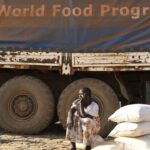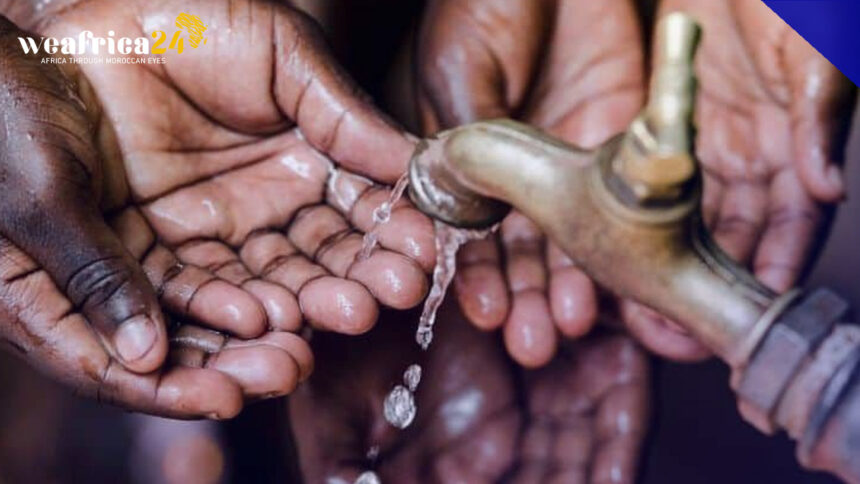Access to clean and safe water is a fundamental human right, yet many African villages continue to grapple with a severe water crisis.
Water Scarcity and its Impact
Water scarcity remains a pressing concern in numerous African villages, where communities often rely on unreliable water sources such as contaminated wells, rivers, or distant water points. Insufficient infrastructure and limited resources exacerbate the challenges, leaving villagers vulnerable to waterborne diseases, malnutrition, and compromised hygiene practices. The lack of clean water also affects educational opportunities, agricultural productivity, and overall socio-economic development.
Health Implications and Sanitation
Inadequate access to clean water has severe health implications for the inhabitants of African villages. Waterborne diseases like cholera, dysentery, and typhoid thrive in such conditions, resulting in a high rate of illness and mortality, particularly among children. Additionally, the absence of proper sanitation facilities, including toilets and handwashing stations, further compounds the health risks, perpetuating a cycle of poor hygiene and preventable diseases.
Women and the Burden of Fetching Water
In many African villages, women and girls bear the primary responsibility of fetching water for their households. This task often entails long and arduous journeys, sometimes spanning several kilometers each day, carrying heavy containers. Not only does this place a physical strain on these individuals, but it also limits their educational and economic opportunities, reinforcing gender inequalities and perpetuating the cycle of poverty.
Potential Solutions
Addressing the water crisis in African villages requires a comprehensive approach involving governments, NGOs, and local communities. Some potential solutions include:
Infrastructure Development
Investing in the construction of wells, boreholes, and water treatment facilities can provide a sustainable source of clean water for communities.
Community Empowerment
Encouraging active community involvement in water management and implementing training programs on water conservation, hygiene practices, and the maintenance of water facilities can promote long-term sustainability.
Rainwater Harvesting
Promoting rainwater harvesting techniques can help alleviate water scarcity during dry seasons, offering a viable alternative for communities with limited access to groundwater sources.
Technology and Innovation
Exploring innovative solutions such as low-cost water filtration systems, solar-powered pumps, and mobile water treatment units can provide immediate relief and improve water accessibility.
The water crisis in African villages demands urgent attention and collaborative efforts to ensure sustainable access to clean water. By prioritizing infrastructure development, empowering communities, and embracing innovative solutions, we can work towards a future where every individual in these villages has the basic human right to safe and reliable water. Only through collective action can we effectively address this crucial issue and create lasting positive change in the lives of millions of people across Africa.







